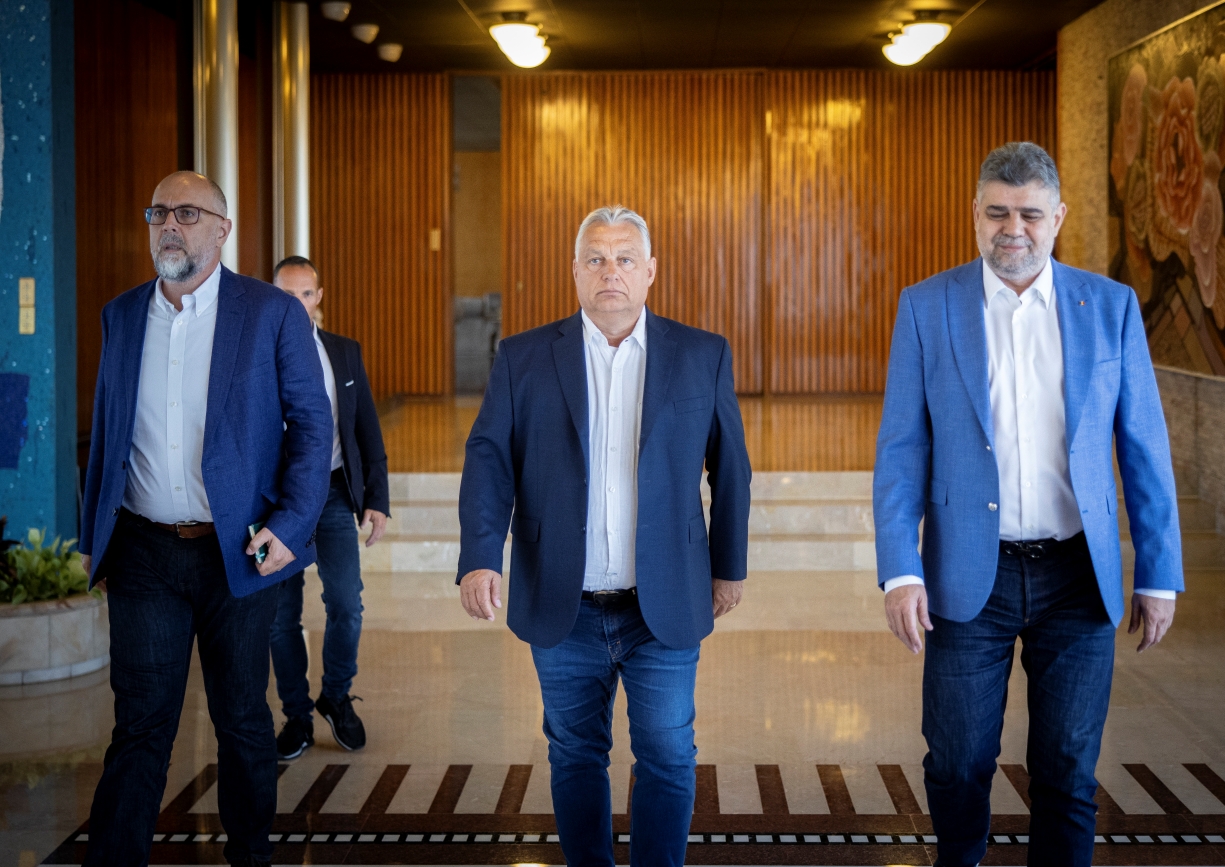
The leader of the Hungarian minority in Romania has found himsels between a rock and a hard-place.Continue reading

Csaba Asztalos, President of Romania’s National Council for Combating Discrimination (CNCD), discusses the intricacies of Romanian-Hungarian relations and the growing anti-Hungarian sentiments in Transylvania, as reported by Mandiner.
Csaba Asztalos emphasized that ongoing dialogue between Hungary and Romania is beneficial, noting that recent high-level meetings between the two countries’ leaders have been positive. This engagement has improved cooperation in key areas such as energy policy, economic collaboration, and transport infrastructure.
The RMDSZ (Democratic Alliance of Hungarians in Romania) has been instrumental in fostering this cooperation, particularly through its leader, Hunor Kelemen, who maintains strong relationships with both the Romanian and Hungarian prime ministers. According to Mr. Asztalos,
relations between the two countries are at their best when the RMDSZ is in government in Romania. It then plays the role of a mediator.”
Despite these advancements, anti-Hungarian sentiment remains a significant issue. Csaba Asztalos pointed out that such sentiments often surface in sports and political discourse. Specifically, he highlighted the role of extremist groups like AUR (Alliance for the Union of Romanians), which, although currently less vocal against Hungarians, still pose a threat.
Anti-Hungarian sentiment is always lurking and can be exploited if it serves the interests of any party,”
Mr. Asztalos noted. Reports from the CNCD indicate an increase in hate speech and public discontent, exacerbated by ongoing crises including the COVID-19 pandemic, the energy crisis, and the war in Ukraine.

Romanian right-wing politician and civic activist, George Simion. Photo: Facebook / George Simion
The President of CNCD stresses that the upcoming parliamentary and presidential elections in Romania are crucial for Hungarian-Romanian relations. “It is vital for us to be indispensable to the Romanian parties and ideally secure a position in the government,” he says. The political landscape is characterized by heightened tension and electoral strategies influenced by regional and international issues.
The RMDSZ’s role in these elections could significantly impact the future of bilateral relations and the treatment of Hungarians in Transylvania.
With Romania facing multiple elections this year, including parliamentary and presidential races, the political climate is tense and shaped by both domestic and international challenges. The outcome of these elections will be critical in determining the future dynamics of Romanian-Hungarian relations and the extent of anti-Hungarian sentiment in Transylvania.
Via Mandiner; Featured Image: MTI / Miniszterelnöki Sajtóiroda / Fischer Zoltán